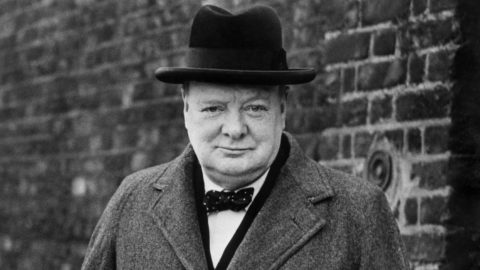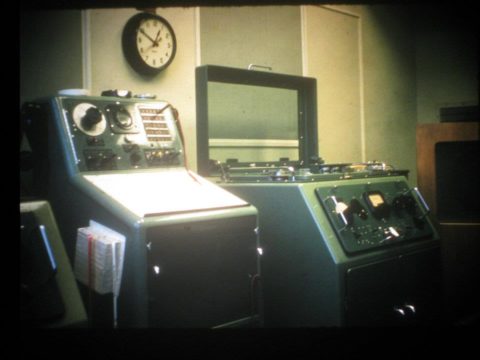Andy Payne, shown on the left here, sadly died on Friday 22nd July 2016, of acute myeloid leukemia. Andy was a brilliant cameraman, of both studio and single cameras. He could shoot drama, factual or live multi-camera. I remember that camera operator, and director, Karen Lamb, said to me once that Andy was the best BBC Birmingham cameraman, which in such illustrious company is quite an accolade. He was a quiet and thoughtful man, and a great person to have in your crew. Andy was just 55.
Andy worked on a whole variety of programmes including, Pebble Mill at One, Pebble Mill, Going for a Song, and latterly, Doctors.
On the right of photo is Dave Farline, who died in 2008, also of cancer.
Thanks to James French for the photograph.
The following comments were left on the Pebble Mill Facebook page:
Bob Davies: ‘This is such sad news. Almost unbelievable. Two lovely men who were brilliant camera men, both loved their work and always gave of their best. I was lucky enough to have them on my crew on many occasions. Andy was often my camera supervisor – never got flustered, always smiling, good natured, full of positive advice and enthusiasm. He and Dave were a terrific team in the studio, on location and as hand held operators.’
Karen Lamb: ‘Andy had the warmest smile and talent in abundance which he got working with the infamous and slightly scary but sexy crew 3 – camera supervisor Tony Wiggly, John Couzens (just Wow!) Jim Gray & Barry Foster. I don’t think it would have been as kind a fit for me welcoming the first girl cameraman to their crew (which I believe was considered) as Crew 5 the wonderful Keith Salmon, Dave Ballantyne, Norman Steemson & Lovely James French, thank you all for the amazing memories, Pebble Mill was the best.’
Ruth Barretto: ‘I first met Andy in the 80’s when I started working at Pebble Mill. I knew him and his dad. So lovely, true professional. Everyone always sang his praises.’
Graham Sherrington: ‘Andy guided me through my first ever outing as a drama Director on Doctors years ago. He was kind, generous and an incredibly talented DP.’
Jane Green: ‘I was very upset to hear about Andy. I was lucky enough to work with him on PM@1, drama, news. OBs – everything really. A really lovely man, with a super Brummie humour.’
Bryan Sharpe: ‘I remember Andy working on Midlands Today.. great guy and always helpful…. as I started out on my directing career.. sad loss!’



